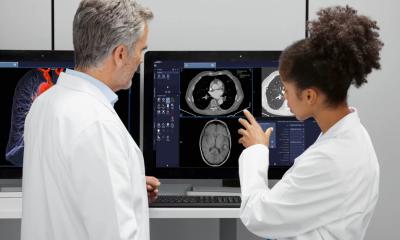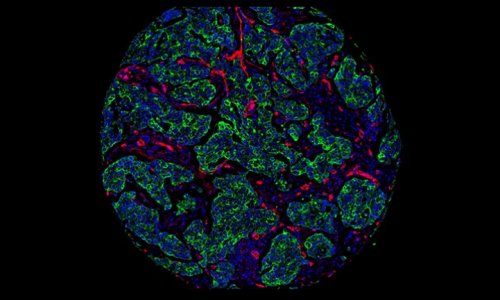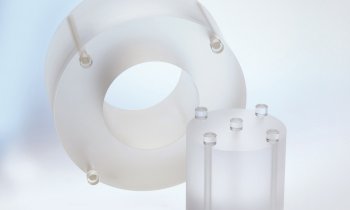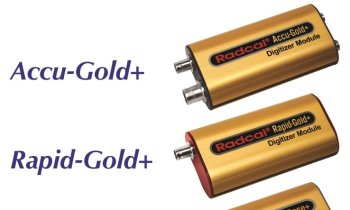Imaging key factor in personalised medicine
Individualising healthcare requires combined effort
Radiologists, EU policy makers and medical industry in drive to strengthen collaboration on personalised medicine


A roundtable discussion held on October 15 at the European Parliament, hosted by Croatian MEP Dr. Biljana Borzan and organised by the European Society of Radiology (ESR) and the European Alliance for Personalised Medicine (EAPM), brought together representatives from various stakeholder groups. They discussed how best to support the development of personalised medicine in an era of economic austerity, demographic change and an ever growing number of treatment options.
The host, Biljana Borzan MEP, welcomed the approach of the roundtable discussion and outlined the significance of radiology in personalised medicine, which is "often undervalued by policy makers".
All participants agreed that personalised medicine, putting the focus of healthcare delivery squarely on the individual patient as a unique medical case, needs to become the overarching modus operandi of prevention, diagnosis and treatment in European healthcare systems; resulting in the right treatment for the right patient at the right time. This can become a reality by combining the contributions of all stakeholders.
The president of the ESR, Prof. Guy Frija, emphasised that in a time of constrained health budgets, demographic change and ever increasing medical treatment options the way to achieve the personalisation of medical care is through collaboration between policy makers, medical professionals, patients and industry.
The chairman of the ESR Working Group on Personalised Medicine, Prof. Aad van der Lugt, and ESR expert Dr. Laure Fournier explained the crucial role medical imaging plays in personalised medicine, from customised screening procedures for cancer tumours to collecting vast amounts of data through population screening and correlating them with 'omics' data. For the ESR, the main issues are increasing the number of cohort studies with imaging, the creation of a European platform of imaging biobanks and ensuring standardisation and validation of imaging biomarkers. Industry representatives Magda Chlebus (European Federation of Pharmaceutical Industries and Associations- EFPIA) and Nichole Denjoy (European Coordination Committee of the Radiological, Electromedical and Healthcare IT Industry - COCIR) called on policy makers to help set a framework for this and emphasised the need for a multi-stakeholder approach to address all challenges in personalised medicine.
MEPs Maria da Graça Carvalho, one of the Rapporteurs for Horizon 2020, and Petru Luhan, as well as European Commission representatives Tapani Piha and Ciarán Nicholl, vowed to do their part and ensure adequate framework conditions and funding levels while allowing industry and researchers to choose the most effective priorities and possibilities for working partnerships.
Finally, patient group representative Dr. Erik Briers, secretary of Europa Uomo, the European Prostate Cancer Coalition, concluded that a multidisciplinary approach centred on personalised medicine is needed. As imaging provides for the vast majority of treatment decisions, it is of utmost importance to invest in this particular field of imaging research to ensure not only the "patient's survival, but survival with a high quality of life."
21.10.2013










